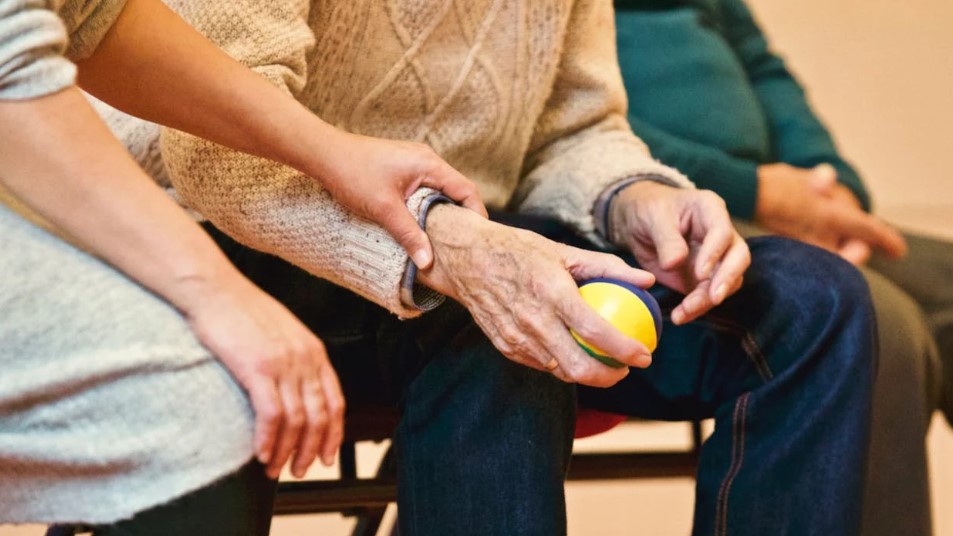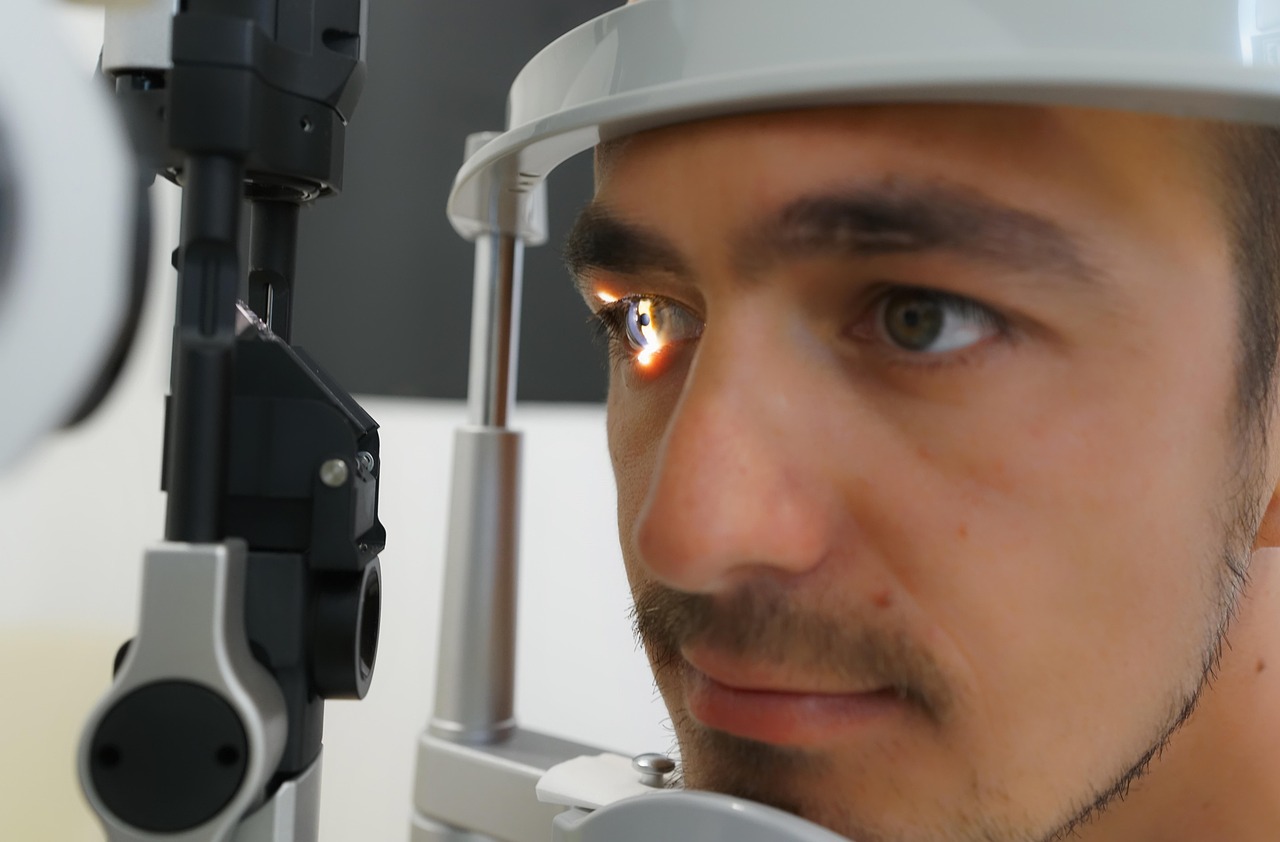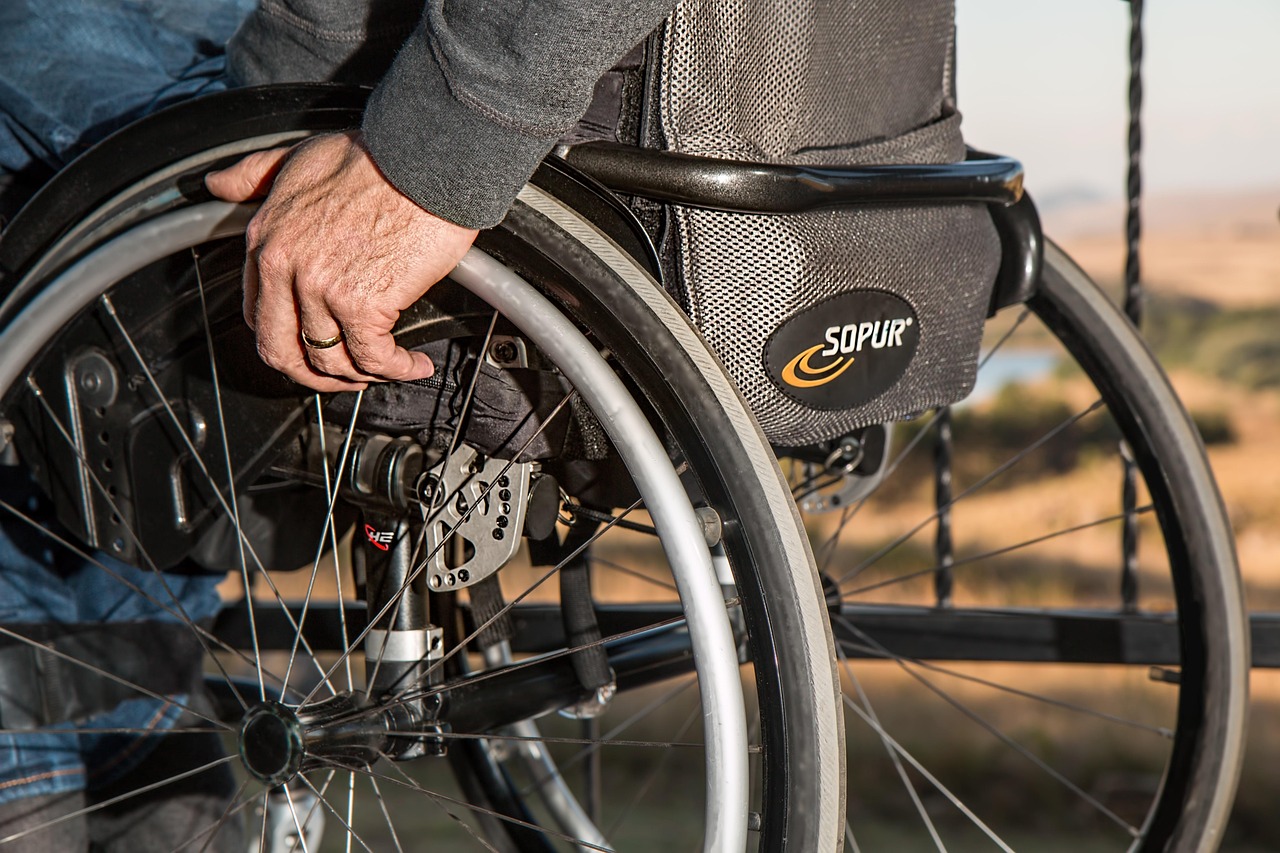02
Aug 2024
Understanding The Role & Responsibilities of Personal Carers
Published in General on August 02, 2024

What is a personal carer?
Personal carers provide assistance to individuals needing support in the home, community, or care facilities and hospitals. Due to injury, illness, disability, or age, clients may need support with a variety of self-care and daily living tasks.
The role of a personal carer is not to do tasks for the person they are supporting but rather to work with the individual, guided by their needs and instructions, to achieve tasks together.
Training and experience
There are three main settings requiring personal carers: aged care, disability support, and community care. Care workers have options regarding training, with initial Certificate III qualifications covering the broad care worker roles.
For aged care workers, the most relevant qualification is CHC43015 - Certificate IV in Ageing Support as it specifically focuses on the needs of the elderly, both in the home, in residential care, and in the community.
A Certificate IV in Disability is tailored to personal care work in the disability sector, and care workers can specialise in community care through a diploma or advanced diploma in community services.
The role of a personal carer
Personal care workers play a crucial role in supporting individuals with their daily needs and maintaining their well-being.
Daily, personal carers assist with daily living tasks such as showering, dressing, eating, taking medication and mobility. They may also help clients with home duties like meal preparation and general cleaning.
Personal carers also facilitate their clients' access to the community. This includes accompanying clients on social outings, transporting clients to and from medical appointments, and helping their clients develop new interests and hobbies.
In addition to hands-on care, personal care workers participate in care planning and support the implementation of therapies, home modifications, and assistive equipment. They may also be required to observe and report any changes in a client's condition.
Overall, personal care workers are vital in enhancing the quality of life for their clients by providing physical, emotional and social support.
Specialised care
As all clients have different support needs and come from diverse backgrounds, personal carers are likely to be expected to fulfil some specialised tasks to provide tailored support to clients with unique needs.
Providing specialised care includes speaking a client's preferred language, supporting enteral feeding, staying in hospital accommodation with a client as they receive out-patient treatment, or undertaking additional personal care manual handling training.
Responsibilities
Personal carers have significant responsibilities, both legal and in terms of training requirements, to ensure they provide safe and effective care.
Legally, personal carers must adhere to the standards and comply with regulations set by the governing bodies. Disability workers must follow the NDIS Code of Conduct, and the Aged Care Quality Standards are in place to guide workers in the aged care sector.
Regulations include maintaining accurate records, safeguarding client confidentiality, reporting incidents and concerns, and following the health and safety protocols related to the administration of medications.
Care workers must undergo a police check. Depending on the type of care provided and the employer's protocols, they may also need a first aid certificate, a Working with Children Check (or its equivalent), an NDIS Worker Screening Check, and proof of current vaccinations.
Personal attributes and skills
Working as a personal carer has its challenges. It can be a physically, mentally, and emotionally demanding role. At the same time, providing support and care to those who need it is also very gratifying, as a care worker is making a difference to the lives of their clients.
Certain attributes and skills are highly suited to the profession; compassion, patience, resilience, and strong communication are essential. Compassionate carers can connect with their clients on an emotional level, fostering trust and putting the client at ease.
Patience and resilience ensure carers can bounce back from challenging situations, remaining calm and supportive to ensure clients feel secure. Finally, carers require strong communication skills to engage with clients, families, and care teams.
~
Personal carers are indispensable in maintaining the quality of life for individuals needing skilled support. For those considering a career in personal care, this rewarding field offers the opportunity to make a meaningful difference in the lives of others while continually growing both personally and professionally.









